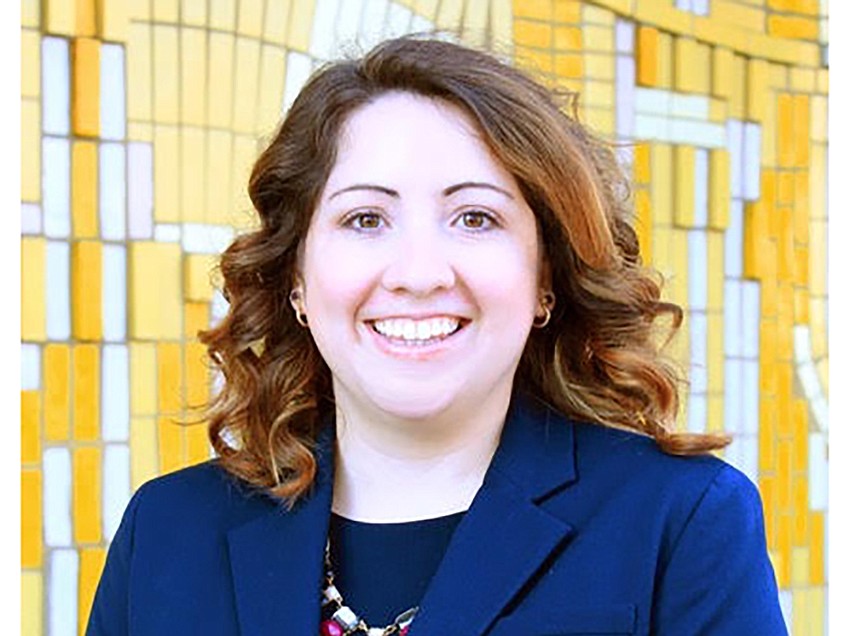

A certain inflammatory text message to a female attorney in Cleveland, Ohio, went viral among social media platforms and legal news outlets.
A senior male attorney texted a female attorney that she was a “soulless and morally bankrupt person” for having explored the possibility of a lateral transition during her maternity leave.
He further described her maternity leave as “collecting a salary from the firm while sitting on her ass” even though parental leave is not a vacation, and she was still working while on leave, which is likely a violation of the federal Family and Medical Leave Act of 1993.
The author not only indicated that he suggested that she be fired while out on leave, he also threatened to derail her future job prospects. Side note: senior male attorney practices labor and employment law.
The text message went viral for many reasons. Most obvious, it is offensive, unprofessional and inappropriate.
In particular, it highlights continuing issues surrounding the availability and use of parental leave and the communication depicts a fundamental conflict in core values.
One party clearly values firm loyalty above all else and the other party values a positive firm culture. But are these values actually in fundamental conflict? Or is it more likely that one engenders the other?
I attended a CLE presentation by attorney Renée Thompson about the importance of understanding generational differences and expectations when it comes to effectively communicating as lawyers.
Her agenda centered on the different core values and expectations of the generations currently practicing law – traditionals, baby boomers, Generation X, Generation Y/millennials, and Generation Z/zoomers – and how their values and expectations affect perceptions, motivations and preferred work or communication style.
The idea that each generation has differing core values from those preceding or following is not a novel concept. However, what stuck with me is that Ms. Thompson maintained that although there are stark generational differences, we still have a lot of common ground.
For instance, a traditional and a millennial both value security and stability, or a boomer and a zoomer are the most comfortable with diversity and alternative lifestyles.
Thompson posited that generational awareness, and often unexpected generational pairings, can lead to more effective work relationships and even cross-generational mentorship.
An example of this came across my Instagram feed a few days ago when a young female academic posted about how everyone on her team, which she describes as “5 men ages 48-75,” text her to make sure they are using appropriate slang and she texts them to translate her frustrations into professional corporate speak.
For instance, she taught them the meaning of the terms “spill the tea” and “salty,” as well as how to inform one’s daughter that a crop top was not appropriate for family dinner at grandma’s house.
They taught her how to professionally word such controversial comments as “is this meeting a waste of my time” and “I am not your secretary.” FYI it’s: “Can you provide me with a meeting agenda so I can ensure my presence adds value. I want to prioritize my schedule to support our most urgent needs” and “I’m going to redirect you to (name) for assistance on this particular task.”
I have been personally fortunate to experience the value of generational pairings at my own firm where my partners expanded my knowledge of the intricacies of civil litigation, and in turn, I expanded their knowledge of how to navigate new technologies, as well as the meaning of the slang terms “bougie” and “a Karen.” (Relating to or characteristic of a person who indulges in some of the luxuries of a fancy lifestyle, and an often-middle-aged woman perceived as entitled or demanding beyond the scope of what is normal, respectively).
Cooperative intergenerational communications and work culture stand in stark contrast to that viral text message. A positive firm culture can and will engender loyalty and productivity across generations.
These are just a few examples of beneficial intergenerational support for which we should strive. Take a moment to acknowledge that what makes each of us unique also makes us stronger when we are united, and that we all have some common ground and shared values, no matter what our generation.
Brittany Ford is a civil litigation attorney at St. Denis & Davey, where she practices personal injury, wrongful death, professional liability, premises liability and insurance defense.